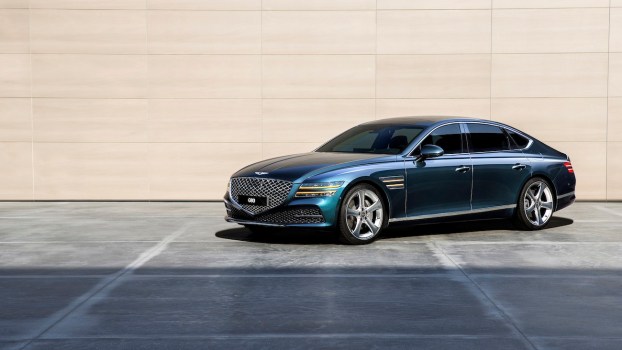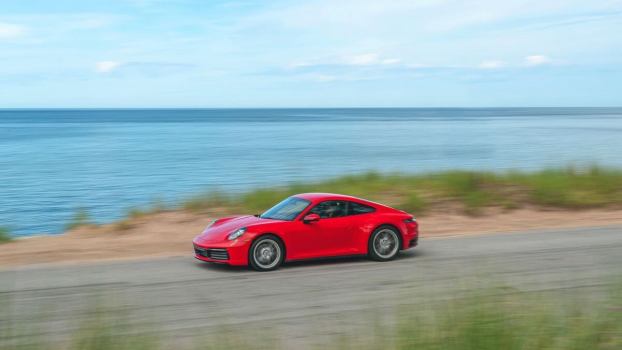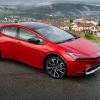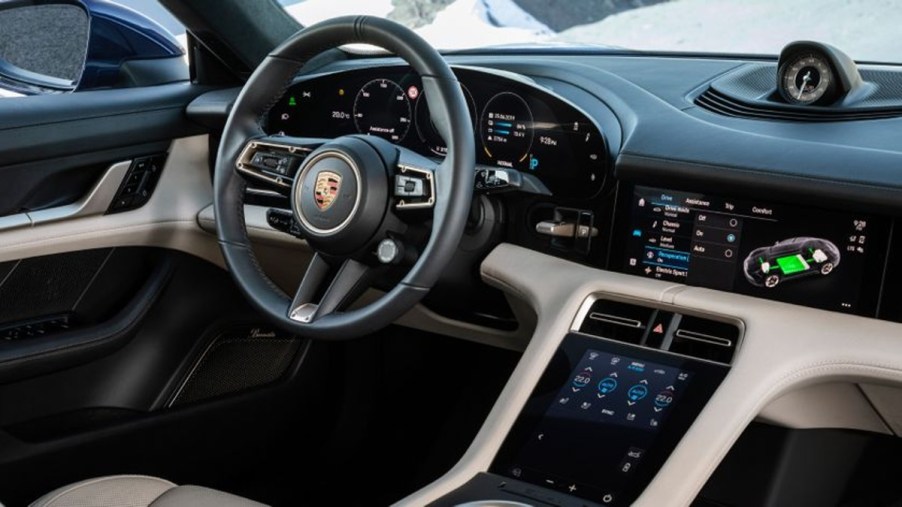
Only 1 Porsche Model Is Doing Worse in 2023
You’ll never see a Porsche at every stoplight like you might a Ford or Toyota. Still, the German luxury automaker has increased its North American sales since last year. In fact, only one model in the lineup is doing worse in 2023. Let’s look at Porsche Taycan sales and what could be the problem.
Porsche Taycan sales numbers are the only ones that haven’t improved in 2023
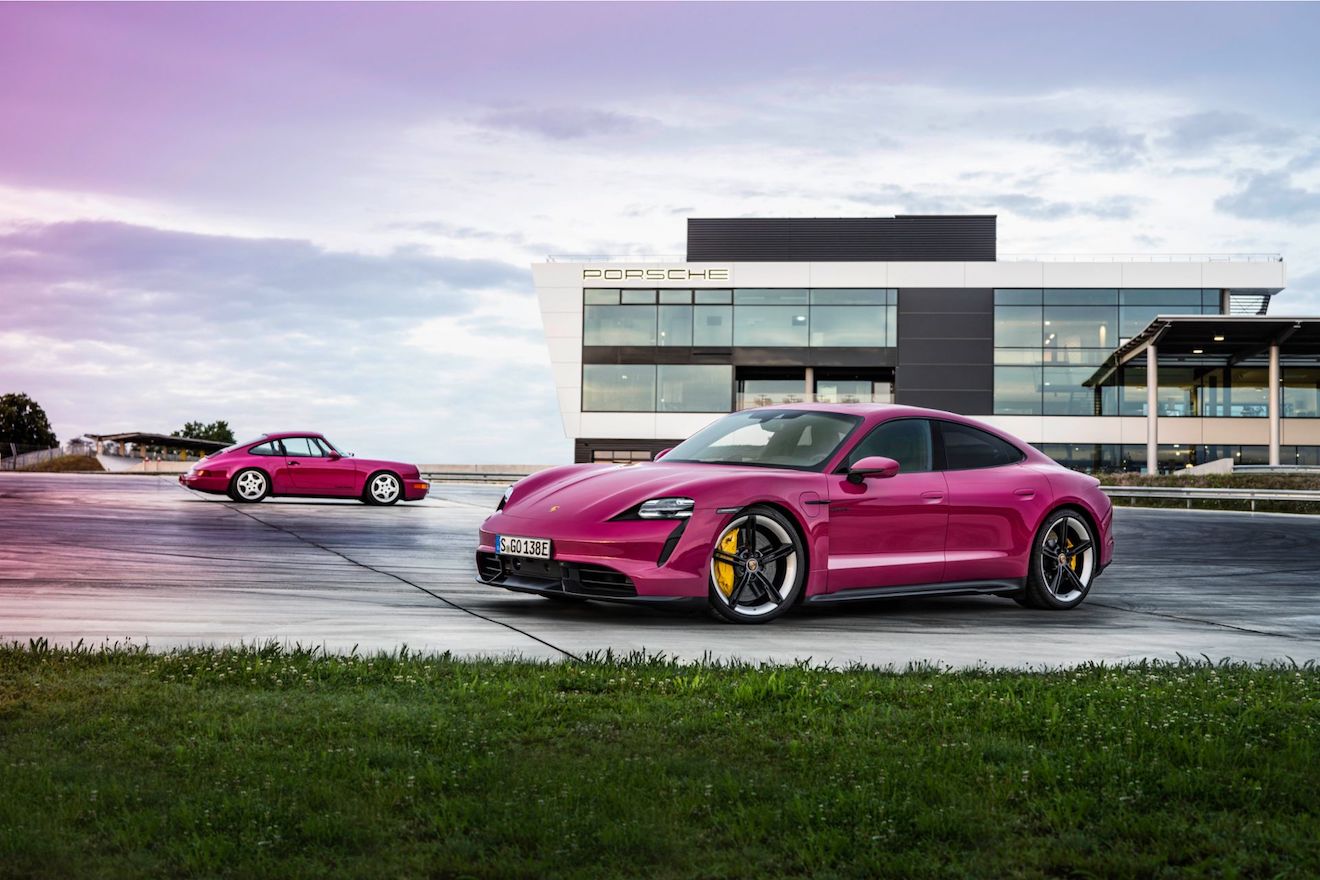
The table below shows year-to-date (YTD) Porsche sales figures in North America from January through September. Only one of Stuttgart’s finest hasn’t eclipsed last year’s sales numbers. It also happens to be the least conventional car in the lineup. The Taycan is the brand’s first and only all-electric vehicle, though the 2024 model is available in five trim levels, from mild to wild.
| Model | YTD 2023 | YTD 2022 | Change |
| 718 | 3,529 | 2,426 | +45.5% |
| Macan | 20,841 | 15,953 | +30.6% |
| 911 | 8,660 | 7,411 | +16.9% |
| Panamera | 3,165 | 2,963 | +6.8% |
| Cayenne | 14,916 | 14,583 | +2.3% |
| Taycan | 5,212 | 5,774 | -9.7% |
What could be the reasons for the drop in Porsche Taycan sales?
The Taycan doesn’t have as many bells and whistles as some other EVs
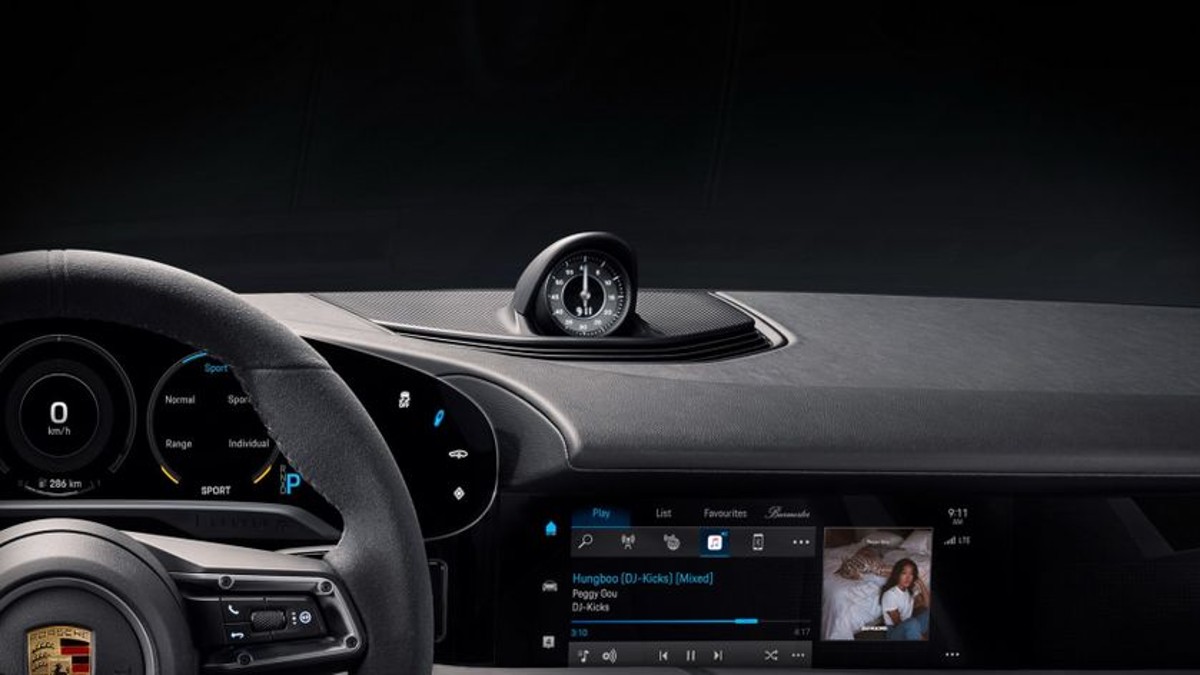
The base Taycan starts at $92,550 and delivers 402 to 469 hp, depending on battery size, to the rear wheels. The rest of the roster is all-wheel drive, with horsepower increasing in lockstep with the Taycan’s price tag. The most, ahem, ludicrous variant is the $196,550 Turbo S, which sprints from 0 to 60 mph in a mere 2.4 seconds on its way to a 10.5-second standing quarter mile, as tested by Car and Driver. Still, that’s a heartbeat behind the Tesla Model S Plaid and Lucid Air Sapphire, both capable of sub-two-second 0 to 60 times.
The Taycan also doesn’t have semiautonomous driving capabilities or even an awe-inspiring range, so you might be wondering, what does it have? It’s that sublime Porsche je ne sais quoi that comes not simply from brute power but that firmly planted, stable sensation when cornering. In other words, like a 911.
Also absent from the Taycan is the one-pedal driving characteristic of the EV experience. Instead, the car uses massive brakes to halt its considerable heft, further cementing this vehicle as a Porsche first and foremost, then an EV.
Supply, not demand, might be to blame for lower Porsche Taycan sales
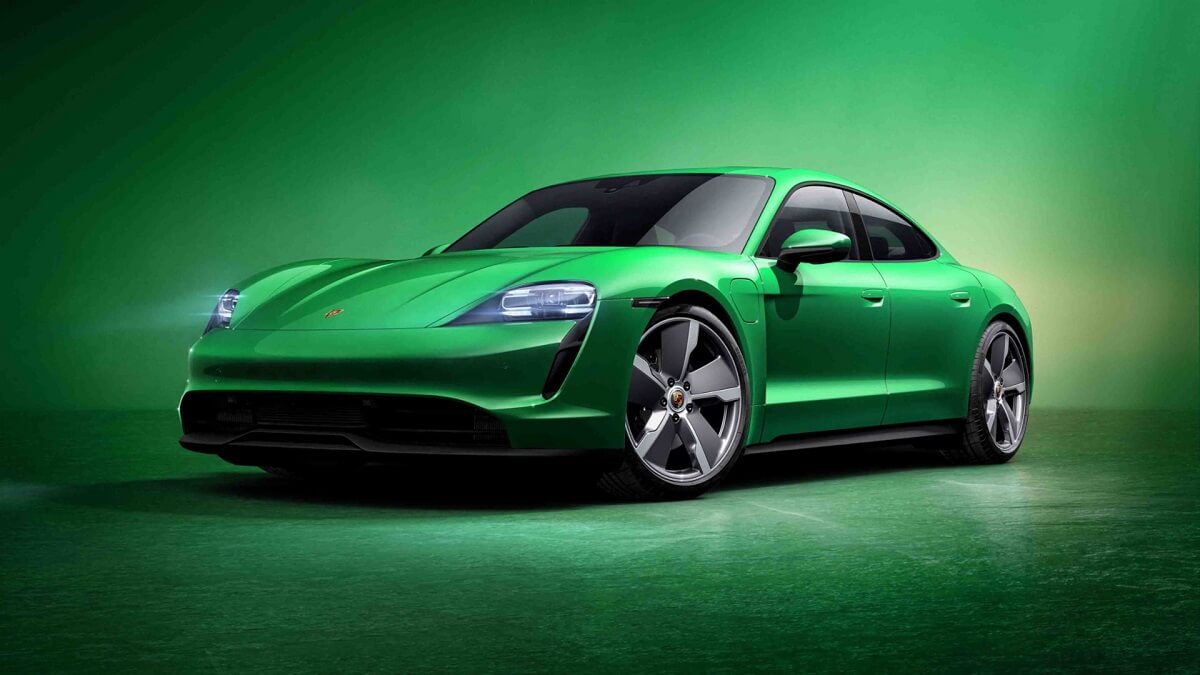
Some market watchers point to an increased number of competitors in the $80,000 to $150,000 electric vehicle segment as the reason for the Taycan’s sluggish sales.
Similarly, it’s been theorized that buyers may be getting fatigued with the rate of technological advancement in the EV space and feel it might be prudent to wait a little longer to see what else plays out before splurging on their dream car.
Finally, there’s the thought that the EV adoption rate — mostly early adopters at this point — has plateaued for the time being.
All of those considerations have some degree of merit, but there’s another explanation that Porsche executives have shouted from the rooftops since January 2023. A Porsche press release from that timeframe clearly states, “The decline was due to supply chain bottlenecks and limited component availability. Both issues affected the electric sports car in particular.”
In essence, the Taycan isn’t being hampered by a lack of buyers but rather by a lack of supply.
The company seems to have turned things around with suppliers
In additional remarks, Porsche CFO Lutz Meschke commented that the automaker was in a “very steep ramp-up curve [with its suppliers] … therefore, we expect an increase in the BEV share in the upcoming months.”
Though it’s too soon to declare total victory, Meschke’s January statement has so far proven prescient.
Porsche Taycan sales have skyrocketed in the second half of this year. Measuring July through September 2023 shows 2,050 units sold versus 1,325 in the same period during 2022. The current month-over-month data is even more impressive, with 619 examples sold in September 2023 versus 436 in August 2023, a 42% increase.
The Taycan hasn’t been Porsche’s only struggle with supply chain issues. The company’s second EV, an all-electric Macan variant, has been delayed by over a year because software development is taking longer than expected.
